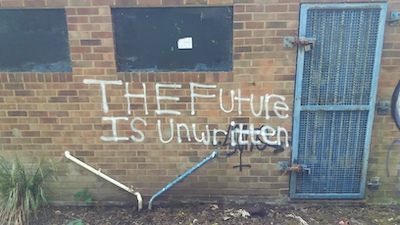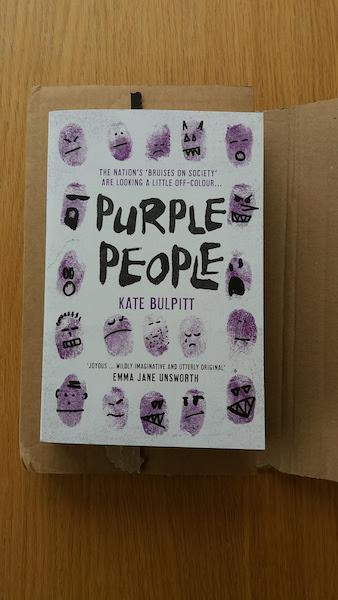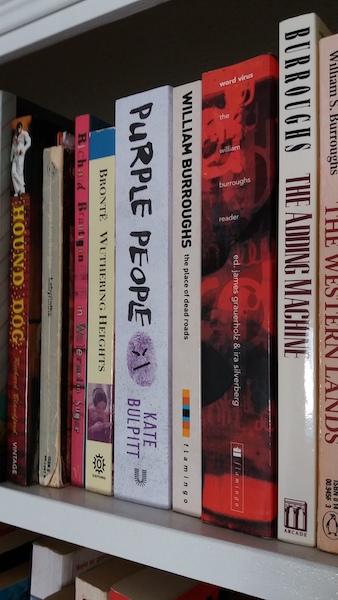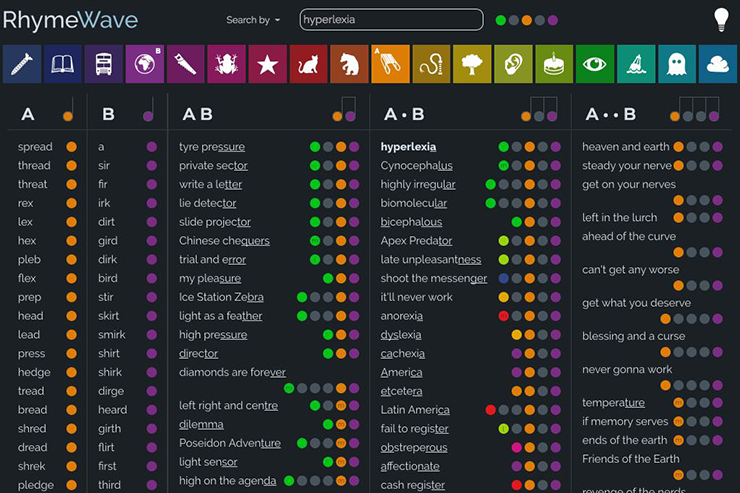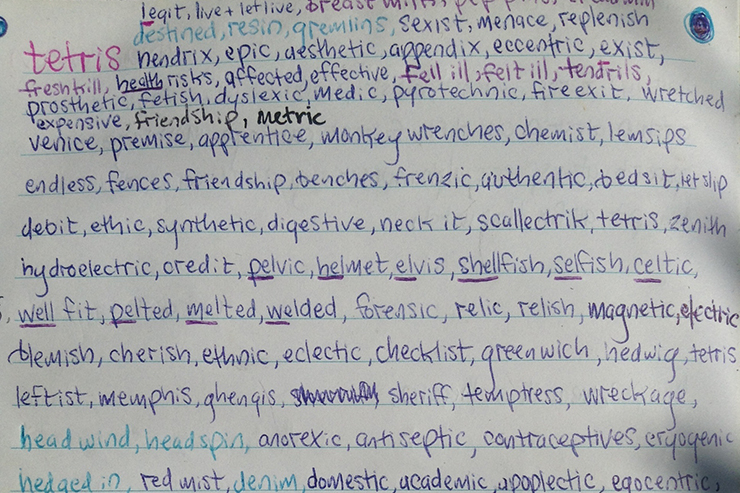One of the things that scared me most about lockdown was the lack of a clear exit strategy. A lot of the restrictions have now been lifted, but it feels like a stumbling sort of progress. At the same time, with so many venues closed, beaches and parks are packed, and there’s a relaxed summery mood. We are in the midst of a crisis, but that crisis feels remote. What scares me now is the possibility of a very hard winter coming, and one that we are poorly prepared for.
At the start of the crisis, I was pleased with the government’s handling of things, once they finally took things seriously. I might loathe some of the politicans themselves, but the messaging was clear and the leadership appeared confident. Things have collapsed since then. A succession of obvious errors have made things a lot worse than they needed to be.
An example of this is the rules around masks. It’s obvious that masks won’t make things worse, and the experience of some countries suggests that they may contribute significantly to reduced transmission. We had an announcement that masks should be worn in shops, saying they would be mandatory in ten days time. The reason given for this is that it gives people time to prepare – despite masks being made mandatory on public transport with much less warning. Like the decision to close pubs, the government is fumbling inevitable changes.
While most (sensible) people hope for a vaccine as a permanent solution to the pandemic, that is by no means guaranteed to be possible or timely. It’s vital that the country has effective and responsive test and trace systems to control things in the meantime.
Testing has been a fiasco Data collection has been “primitive”, with senior officials describing it as “not fit for purpose“. The government has suppressed data on the number of people tested, finally declining to publish this information at all going forward – which feels very similar to how the government suppressed graphs showing international comparisons once these became inconvenient.
Tracking is a mess – despite this being one of the most important ways out of the current crisis. The government promised a world-beating test-and-trace system, yet a huge number of people are not contacted in a timely manner. Rather than build on established local tracing expertise, the government opened this work out to private contractors. The overall responsibility for managing the tracing systems has gone to someone whose most notable previous achievement was presiding over the UK’s worst corporate data loss to date. The government also produced an expensive, failed mobile app, which didn’t work for the exact same reasons they were warned about by specialists within the industry.
There appears to have been very little oversight of procurement contracts: The Government spent a staggering £5.5bn on PPE contracts. Shockingly, three of the biggest beneficiaries were companies specialising in pest control, a confectionery wholesaler, and an opaque family fund owned through a tax haven.
In addition, there are significant disincentives for people to be tested. Care workers who test positive face the prospect of losing their wages. One care worker discussed the problem of trying to live on £99.85 statutory sick pay: “I can’t pay my rent with that… I’d have to choose between heating my flat or feeding my kids. Either I live in poverty or I kill my client.” That is on top of the potential negative responses in communities to people testing positive.
We’ve also learned that the country’s chief nurse was dropped from a daily briefing, apparently because she refused to follow the party line on the Dominic Cummings affair: “Aides to the prime minister briefed journalists at the time that she may not have made it to the briefing because she could have been stuck in traffic.“
Lockdown was incredibly expensive. It should have bought us time to put world-class systems and policies in place to deal with the virus. Instead, it looks like the outsourced solutions have failed to deliver the outcomes we need.
In recent years, a bad winter flu season has stretched the NHS. It’s summer, and that season feels far off. I’m going swimming in the sea. My homebound life feels normal enough, and Small Batch has reopened. Things no longer feel so strange and threatening (it’s 30 days since I last wrote about my experience of the pandemic). But winter looms in the distance, and I hope it will pass smoothly. But I’m already starting to wonder how I might cope with restrictions and disasters in the short, cold days.








